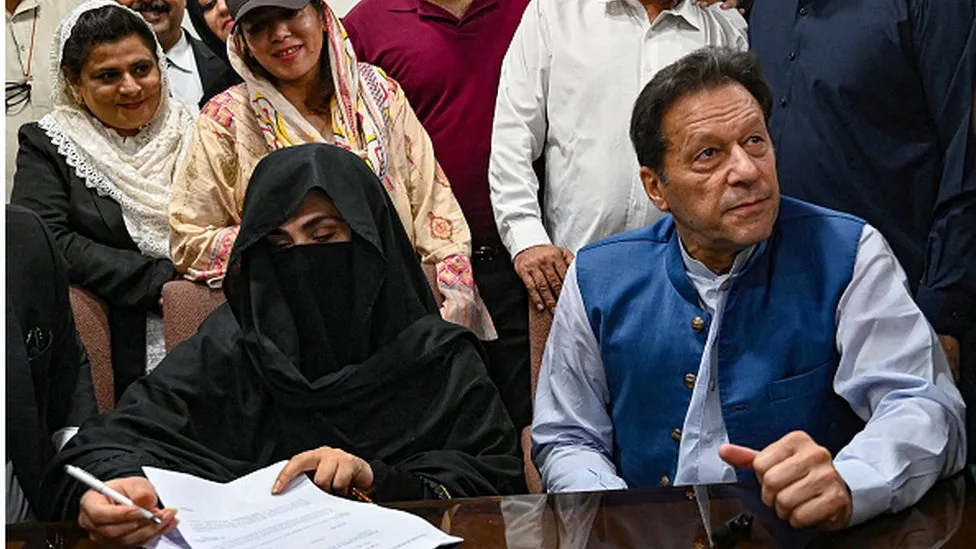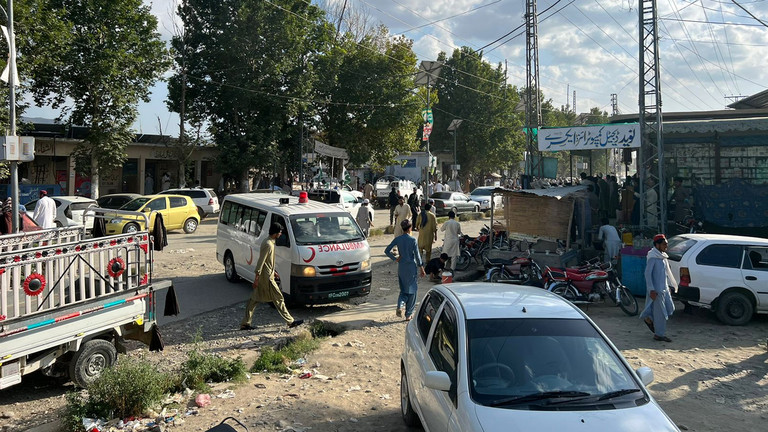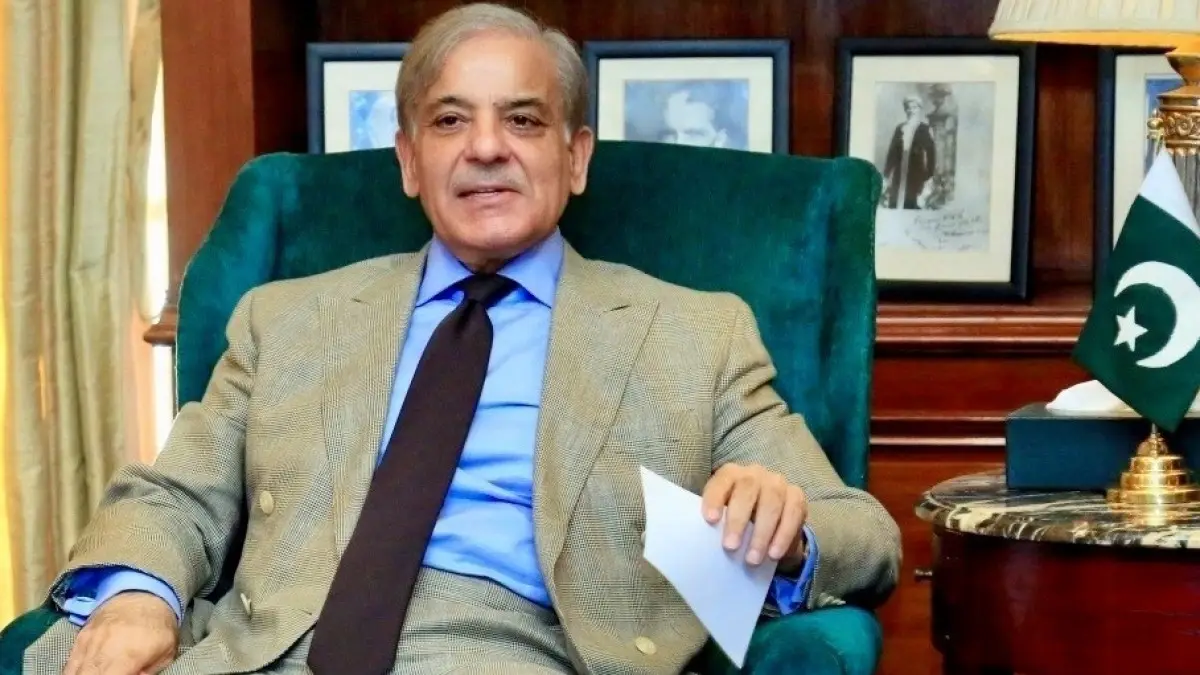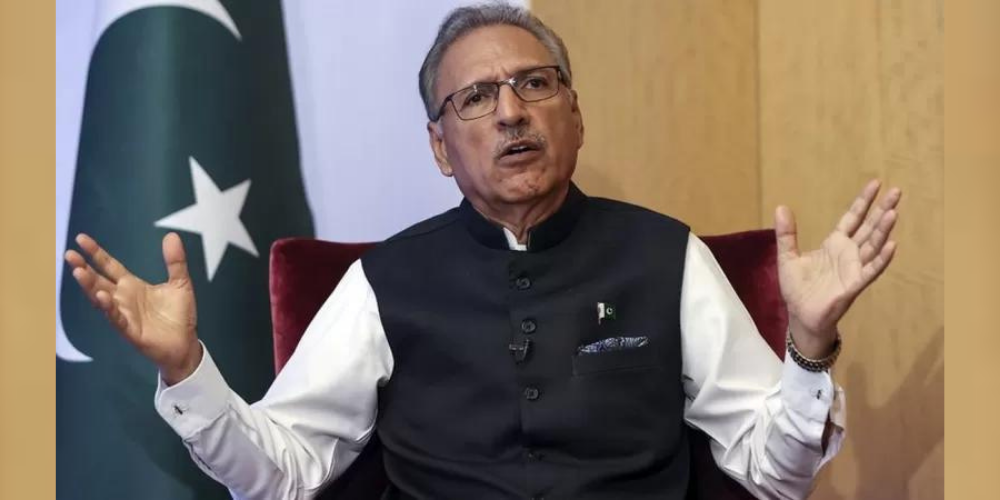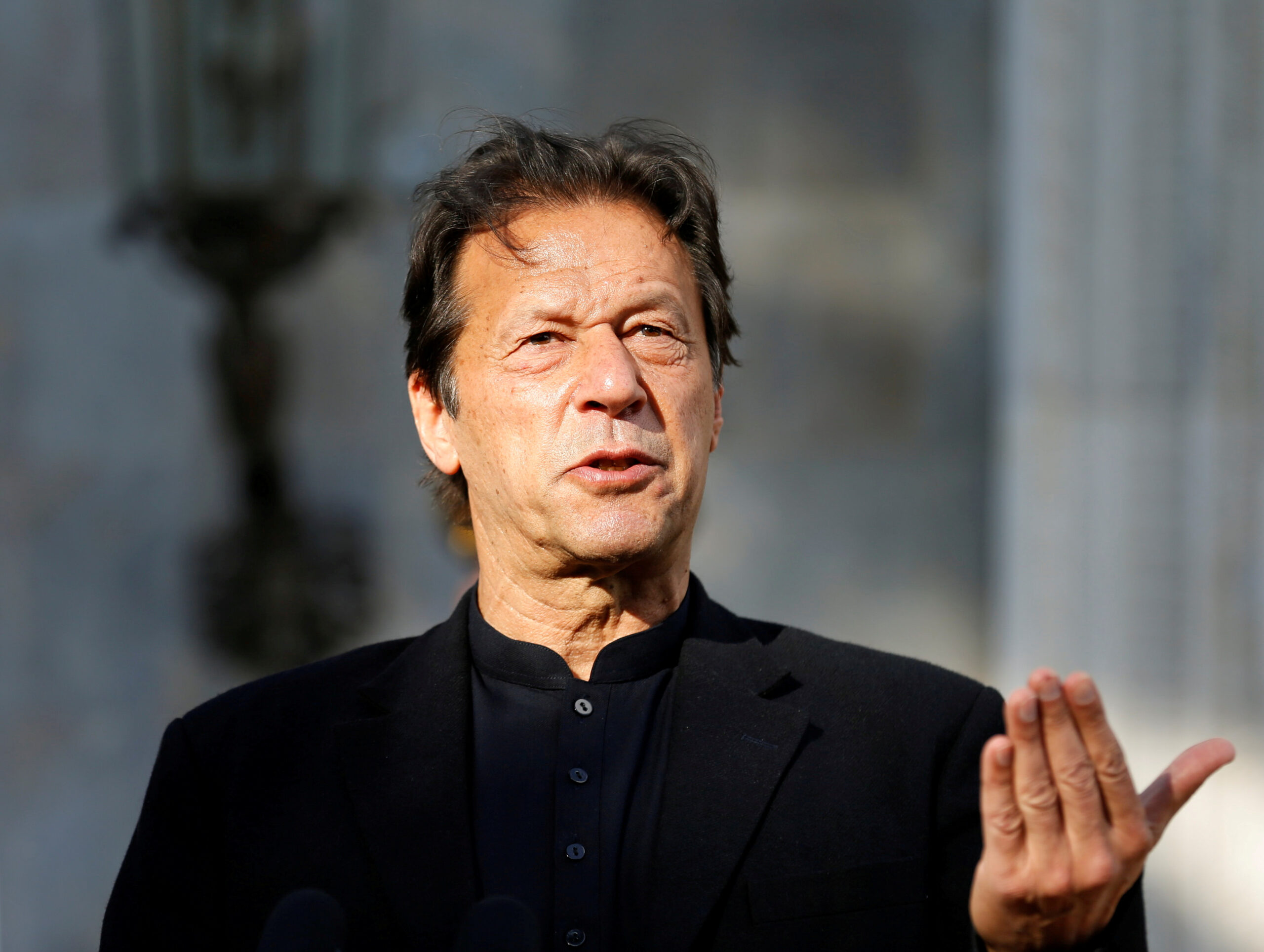Pakistan’s former prime minister Imran Khan and his wife Bushra Bibi have been sentenced to 14 years in prison, the second sentence in two days. Khan, who was ousted as prime minister by the opposition in 2022, is already serving a three-year prison sentence on corruption charges. He has said that all these cases are politically motivated against him.
Wednesday’s court case was about gifts he and his wife received while in office, while Tuesday’s trial saw him sentenced to 10 years in prison for leaking classified state documents. The court also ordered the couple to pay a fine of around 1.5 billion Pakistani rupees (£4.2 million; $5.3 million). Khan’s Pakistan Tehreek-e-Insaf (PTI) party also said the sentence banned Khan from holding public office for 10 years.
Khan’s lawyers said they would be launching an appeal to Pakistan’s High Court in both cases.His wife Bushra Bibi, who had been out on remand, surrendered at the jail on Wednesday. She has typically kept a low profile during their period in office. The two married in 2018, months before Khan was elected prime minister.
In the so-called Toshakhana (state treasury) case, both had strongly denied the accusations brought against them by Pakistan’s anti-corruption watchdog that they had sold or kept state gifts received in office for personal profit. Such gifts included a jewellery set from the Crown Prince of Saudi Arabia.


 NP
NP